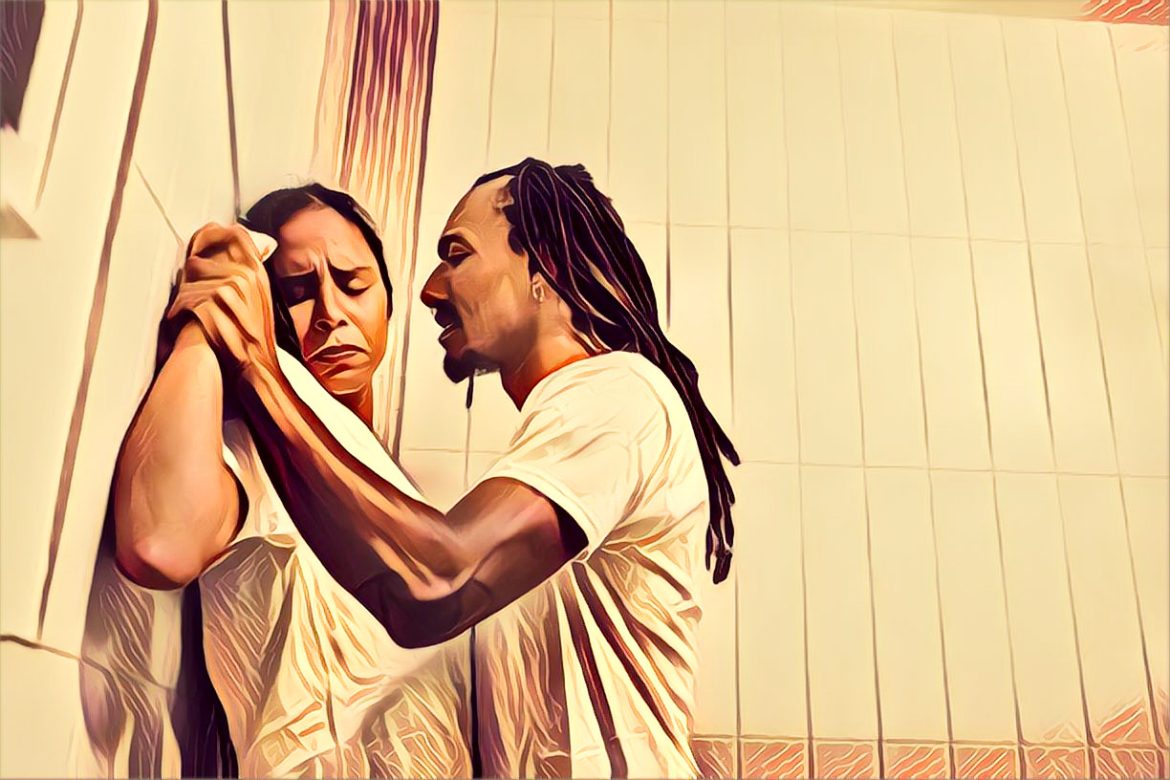In a shocking breach of trust and professional ethics, Dr. Olufemi Olaleye, Medical Director of Optical Cancer Care Foundation, received a life sentence for defiling a minor and exposing her to pornography, as ruled by Justice Rahman Oshodi in an Ikeja court.
Minors, defined under the 1999 Constitution’s Section 29 (4) (a) as individuals younger than 18, are entitled to special protection, which was grossly violated in this case. The victim, a 16-year-old relative of Olaleye’s wife, viewed him as a paternal figure, complicating the betrayal.
Despite the defense’s strenuous efforts, Justice Oshodi condemned Olaleye, branding him a “dangerous offender” devoid of remorse. The ruling followed the prosecution’s successful evidence presentation of sexual assault, leading to life sentences for each count, emphasizing the heinous breach of both legal and moral codes.
According to a report by The Guardian, Olaleye’s punishment, though severe, underscores the pervasive issue of domestic and sexual violence in Nigeria. It stands as a testament to justice’s meticulous process, highlighting that no high-standing position absolves wrongdoing.
Reports from Oyo State reveal escalating violence, with cases soaring from 132 in 2019 to 768 in 2020. Similarly, Kano State records an alarming 70 daily incidents of sexual assault, including minor rape.
Bauchi State officials documented 590 cases, arresting 737 suspects for sexual and gender-based violence (SGBV) between 2020 and September 2023, illustrating the epidemic’s scope.
Efforts to combat these atrocities, however, often falter. Despite the existence of Sexual Assault Referral Centres (SARCs) and the domestication of the VAPP Act in many states, the lack of family courts often leaves young victims without recourse.
Conversely, states like Lagos, Nasarawa, and Oyo actively combat domestic and sexual violence. Specific agencies, such as Lagos’s Domestic and Sexual Violence Agency (DSVA) and initiatives like the Oyo State Abiyamo Sexual Assault Referral Centre, coordinate comprehensive responses to these crimes.
Ulla Elisabeth Mueller of the United Nations Population Fund (UNFPA) notes that in Oyo State alone, 17.1% of women have suffered physical violence since turning 15. The fight against this societal scourge intensified with Nasarawa State’s recent SARC inauguration, addressing the surge in sexual violence.
Lola Vivour-Adeniyi, discussing the underreporting of SGBV offenses, identified societal issues contributing to silence, including stigmatization and ingrained patriarchal norms. She emphasized the role of parents and guardians in recognizing and reporting abuse signs, stressing that societal change begins at home.
Vivour-Adeniyi advocated for educational programs for parents, aiding them in understanding child abuse and available support mechanisms. She insisted on society’s collective responsibility in safeguarding children, urging public vigilance and government action to establish a secure environment for the younger generation.
This call to action, reinforcing the need for collaborative efforts among professionals, law enforcement, and NGOs, is critical to turning the tide against domestic and sexual violence in Nigeria.


